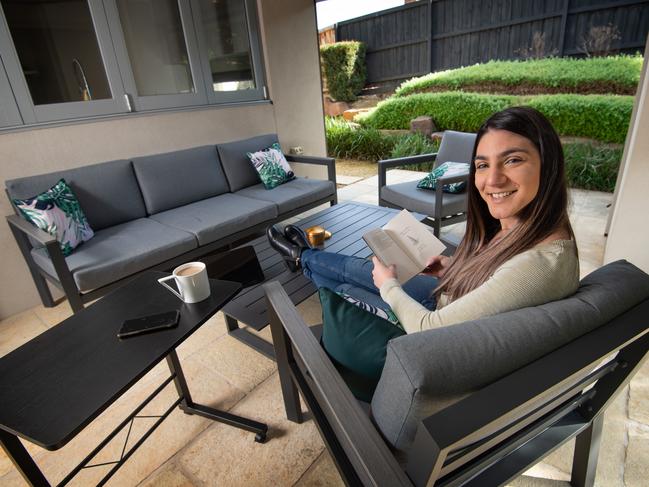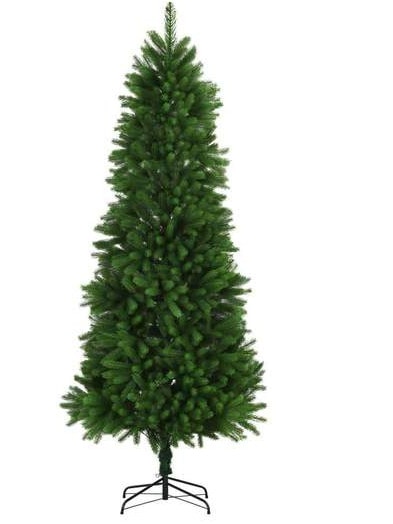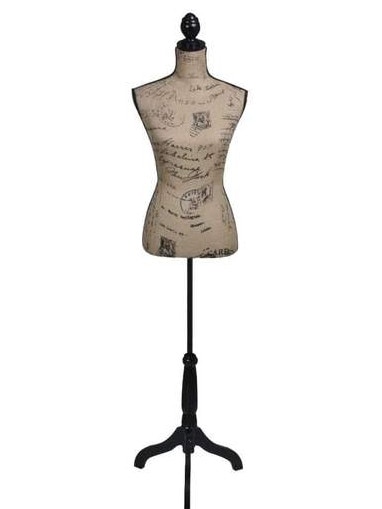Buy Now Pay Later: Bizarre items Victorians have purchased
The quirky items Victorians have been splashing big bucks on during lockdown have been revealed, and some suburbs are spending more than others.

News
Don't miss out on the headlines from News. Followed categories will be added to My News.
Exclusive: The suburbs with the state’s biggest Buy Now, Pay Later addiction can be revealed, along with their quirky COVID-19 lockdown spending habits.
Exclusive data from online store Payday Deals shows shoppers in the state spent an average of almost $326 per order from April to August — on everything from artificial Christmas trees to female mannequin displays.
Point Cook topped the list of suburbs where the most money was been splashed, followed by Cranbourne, Craigieburn, Tarneit, Shepparton, Melton, Melbourne, Noble Park, Hoppers Crossing, and Clyde North.
More than half of consumers on the site paid for their orders using Buy Now, Pay Later (BNPL).
The payment deferral figures have raised questions as to whether households are breaking their budgets, and sparked a warning to avoid BNPL as much as possible.

Over the five months, popular purchases included living room furniture, such as chairs and coffee tables, mattresses, outdoor furniture sets, aroma diffusers and humidifiers, office furniture, camping equipment, gardening tools, home decor, petware, and baby and children’s items.
Australians were buying up oddball items, too. The e-store said trending products included artificial Christmas trees, female mannequin displays, metal detectors, portable toilets for camping, a solar electric fence, and even portable pet stairs and chicken coops.
Nadine Khoury didn’t often turn to Buy Now, Pay Later prior to the pandemic, but since lockdowns had set in, her use had ramped up.
The Melburnian said she was using the providers more often to “stretch out her money” during these uncertain times.
Ms Khoury mainly used BNPL for “bigger items” and during the lockdown had used it to buy an outdoor setting, a steam cleaner, an air mattress and a desk.
She always shopped with a budget in mind, and was careful not to go on spending sprees.
“For example, at the moment I’m not using my car as much so I have a little bit of extra cash because I’m not filling it up with petrol as often,” she said.
Payday Deals founder Rojie Tadros said the large number of orders processed through BNPL providers indicated shoppers were breaking their budgets.
“Over 58 per cent of orders during this time were paid for through buy now pay later methods which could suggest this spike in orders is actually shoppers spending beyond their budgets,” Mr Tadros said.
“In comparison to the same time last year, we’re seeing more and more customers opt to use buy now pay later methods at checkout and we don’t expect this trend to slow down anytime soon.”


He said there had been many sales of “unexpected items” including artificial Christmas trees, metal detectors, and portable camping bathroom setups.
“Whether this was a result of boredom or some serious new hobbies, only shoppers will know exactly why they clicked add to cart,” he said.
National Debt Helpline spokeswoman Maura Angle said it was “worrying” that so many orders had been made using BNPL providers.
“These methods seem convenient but the problem is, if you don’t pay on time, you’ll incur late fees and these can soon add up; it can be hard to keep track of payments – particularly if you have more than one – and it’s easy to buy more than you can afford.”
“Our advice is to be very careful when using BNPL. Ask yourself before you buy if you can really afford it. Don’t use a credit card to make your repayments and keep track of what you owe, especially if you have more than one account.”
The data comes after the Worldpay from FIS 2020 Global Payments Report found nearly one in ten Australians used a buy now, pay later product such as Afterpay.
BNPL products are expected to double market share with more than four million Australians tipped to use the service by 2023.
Worldpay from FIS’s General Manager of Global eCommerce, APAC Phil Pomford told News Corp COVID has transformed the way consumers shop.
“With many Australians still working from home, consumers have taken to online and digital shopping experiences in their droves,” he said.
“This in turn is turbo charging e-commerce, projected to be worth $US47bn ($A64 billion) by 2023.”
